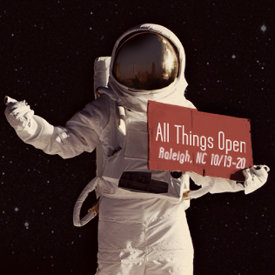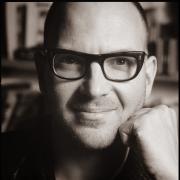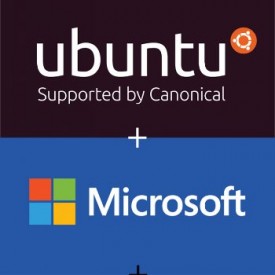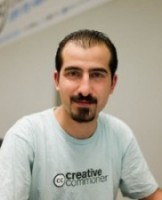His name is Morgan, but it hasn’t always been his name. What it was before doesn’t legally matter any longer. What does matter, to us, is the concentric circles by which “Morgan” arrived…came to be. Morgan doesn’t know any better. Many metaphors of consciousness can be applied, but for Morgan, your arguments on his condition fall outside of his realm of concern. Morgan is Morgan, and what Morgan does in the present is all that matters. What might have been his reality, to you, before “the incident,” is simply pabulum to Morgan. To Morgan, you are children trying to complete a puzzle with missing key pieces. You amuse him.

Ken Starks is the founder of the Helios Project and Reglue, which for 20 years provided refurbished older computers running Linux to disadvantaged school kids, as well as providing digital help for senior citizens, in the Austin, Texas area. He was a columnist for FOSS Force from 2013-2016, and remains part of our family. Follow him on Twitter: @Reglue





 The odd thing was that if you didn’t know that attendance was up, you might’ve thought that the numbers were actually going down.
The odd thing was that if you didn’t know that attendance was up, you might’ve thought that the numbers were actually going down.





